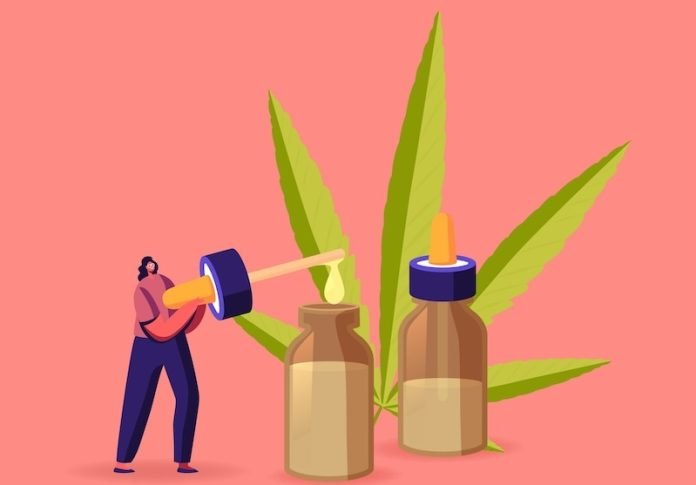
Over the last ten years, the view on using opioids and cannabis for pain relief has shifted significantly. This shift has been shaped by the growing opioid crisis and the easing of laws concerning cannabis for both medical and recreational purposes.
A recent study conducted by Michigan Medicine explored how these changing perceptions impact patients with chronic pain seeking primary care.
The research, led by Mark Bicket, M.D., Ph.D., from the University of Michigan’s Department of Anesthesiology, involved surveying over 1,000 primary care physicians across the United States to find out if they were open to accepting new patients who are dealing with chronic pain.
The findings revealed a notable reluctance among doctors when it comes to patients who use certain pain relief substances. While 852 physicians confirmed they were accepting new patients, about 20% of them stated they would refuse patients who are prescribed opioids.
Additionally, 12% would not accept those using cannabis to manage their pain. In stark contrast, only a mere 0.1% of physicians expressed hesitation towards patients using non-opioid pain relievers like NSAIDs (non-steroidal anti-inflammatory drugs).
Dr. Bicket highlighted the plight of patients who have been dependent on opioids for a long period due to chronic pain.
These individuals, often termed as “legacy patients,” might face difficulties in finding new healthcare providers, especially if they relocate or if their regular physician retires.
The challenge is particularly acute for these patients as losing access to their regular medication can pose significant health risks.
The reluctance to accept patients using medical cannabis also struck Dr. Bicket as unexpected. He suggested that this hesitancy might stem from the conflicting ways cannabis is regulated at state versus federal levels.
Currently, cannabis remains classified at the federal level as a substance with no accepted medical use and a high potential for abuse, which complicates research efforts into its efficacy and safety for treating pain.
The study didn’t delve into the specific reasons behind the physicians’ reluctance but it contributes to an increasing evidence suggesting that patients who use either cannabis or opioids face more barriers in accessing healthcare.
Dr. Bicket expressed his empathy for both the patients enduring pain and the healthcare providers striving to offer effective treatment amidst these complexities.
He lamented the lack of high-quality evidence that could guide medical professionals on the best approaches for using cannabis and opioids in pain management, stating, “We’re trying to do the right thing, yet, we’re flying in the dark.”
This research, which included contributions from Elizabeth M. Stone, Kayla Tormohlen, Reekarl Pierre, and Emma E. McGinty, underscores the ongoing challenges in balancing patient care with evolving drug policies and medical practices.
It highlights the critical need for clear guidelines and more research to help physicians navigate the complexities of treating chronic pain in an era where the use of controversial pain relief methods is becoming more common.
If you care about pain, please read studies about how to manage your back pain, and Krill oil could improve muscle health in older people.
For more information about pain, please see recent studies about how to live pain-free with arthritis, and results showing common native American plant may help reduce diarrhea and pain.
The research findings can be found in Health Affairs Scholar.
Copyright © 2024 Knowridge Science Report. All rights reserved.



